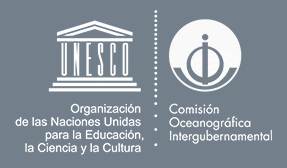Displaying 893 results.

CLME Flying Fish Pilot Project Area (CRFM)
This Map indicate the CLME flying fish pilot project area.
Author: CRFM
Year:
Keywords:
 6
6
 1
1

 Report issue
Report issue
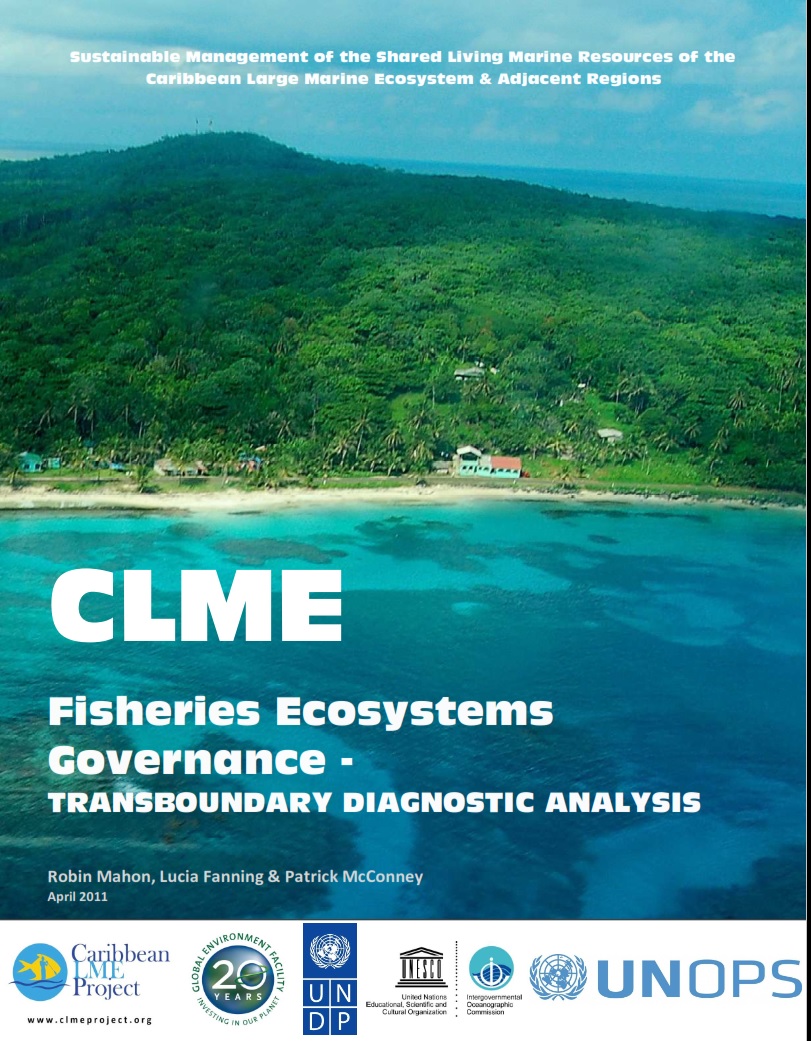
CLME Governance Transboundary Diagnostic Analysis
Abstract: This report addresses the governance aspects of udpating the Transboundary Diagnostic Analysis for the CLME Project. The importance of having an effective governance regime in place to address the sustainability of the living marine resources of the WCR was identified during the project development phase of the CLME Project as the principal driver underpinning the actions to be taken in the full Project.
It provides an overview of the governance issues identified in the preliminary TDA, then reviews the Large Marine Ecosystems Governance Framework that was developed for and adopted by the project as a basis for the project design. Next the report reviews advances in ocean governance thinking globally and regionally that should assist the project to move forward. Finally, the report considers how the original governance perspective, as well as the subsequent advances in ocean governance, can be incorporated into the new orientation towards a fishery ecosystem-based approach to provide the most comprehensive and up-to-date approach to governance for the CLME Project.
Author: Mahon, R., Fanning, L., McConney, P.
Year: 2011
Keywords:
 8
8
 1
1

 Report issue
Report issue
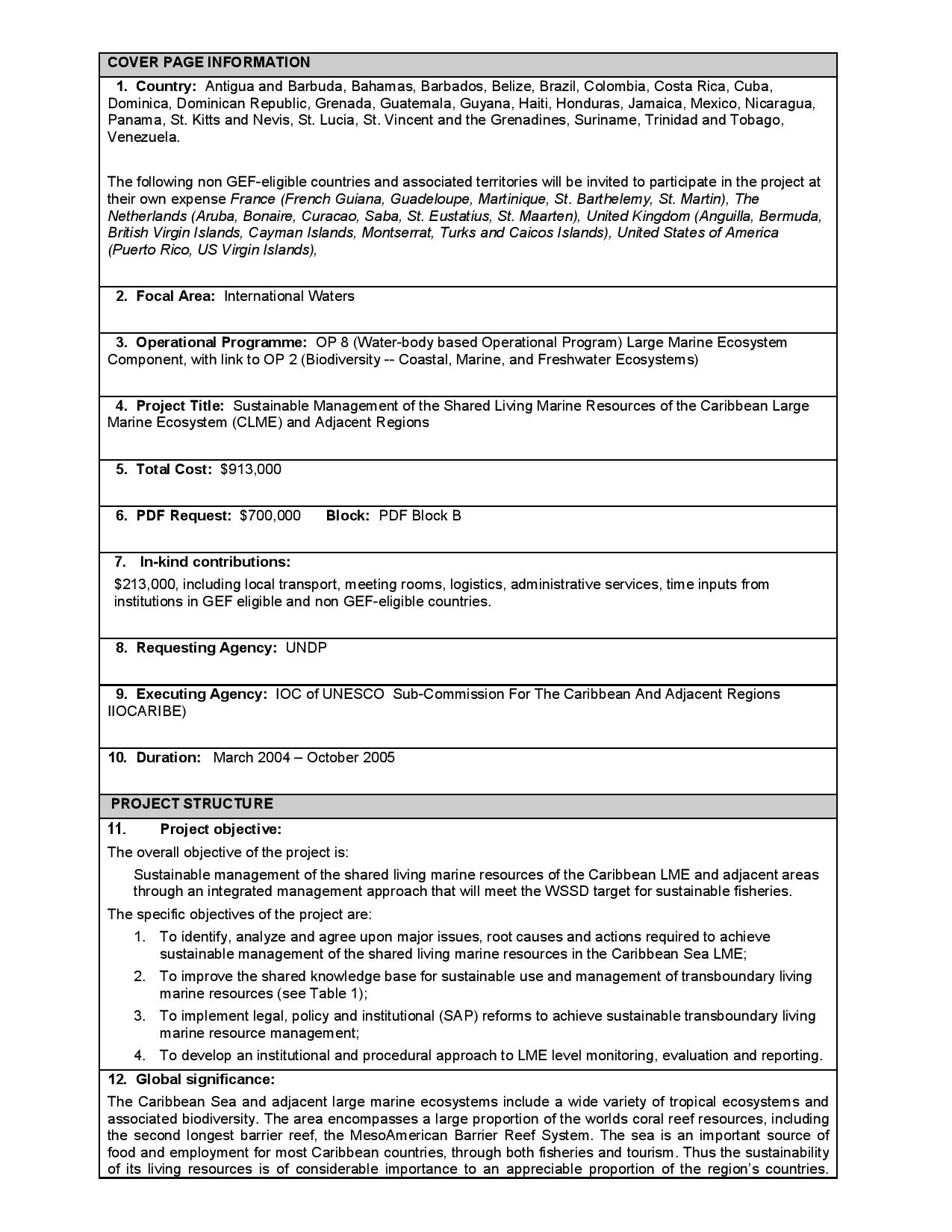
CLME PDF-B Proposal
Project objective:
The overall objective of the project is:
Sustainable management of the shared living marine resources of the Caribbean LME and adjacent areas through an integrated management approach that will meet the WSSD target for sustainable fisheries.
The specific objectives of the project are:
1. To identify, analyze and agree upon major issues, root causes and actions required to achieve sustainable management of the shared living marine resources in the Caribbean Sea LME;
2. To improve the shared knowledge base for sustainable use and management of transboundary living marine resources (see Table 1);
3. To implement legal, policy and institutional (SAP) reforms to achieve sustainable transboundary living marine resource management;
4. To develop an institutional and procedural approach to LME level monitoring, evaluation and reporting.
Author: CLME PCU
Year:
Keywords: LME, Large Marine Ecosystems
 4
4


 Report issue
Report issue
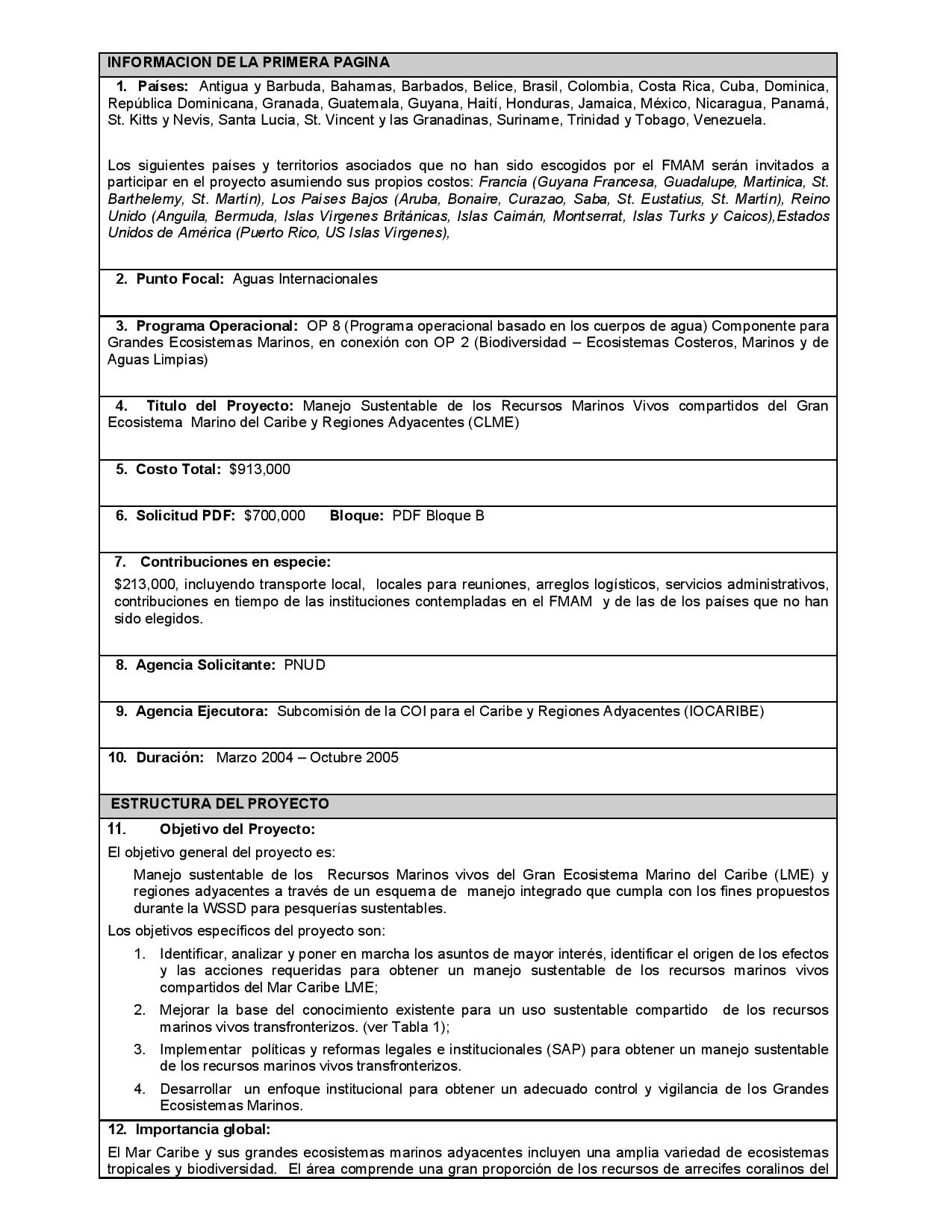
CLME PDF-B Propuesta
Objetivo del Proyecto:
El objetivo general del proyecto es:
Manejo sustentable de los Recursos Marinos vivos del Gran Ecosistema Marino del Caribe (LME) y regiones adyacentes a través de un esquema de manejo integrado que cumpla con los fines propuestos durante la WSSD para pesquerías sustentables.
Los objetivos específicos del proyecto son:
1. Identificar, analizar y poner en marcha los asuntos de mayor interés, identificar el origen de los efectos y las acciones requeridas para obtener un manejo sustentable de los recursos marinos vivos compartidos del Mar Caribe LME;
2. Mejorar la base del conocimiento existente para un uso sustentable compartido de los recursos marinos vivos transfronterizos;
3. Implementar políticas y reformas legales e institucionales (SAP) para obtener un manejo sustentable de los recursos marinos vivos transfronterizos.
4. Desarrollar un enfoque institucional para obtener un adecuado control y vigilancia de los Grandes Ecosistemas Marinos.
Author: CLME PCU
Year:
Keywords: LME, Large Marine Ecosystems
 5
5


 Report issue
Report issue
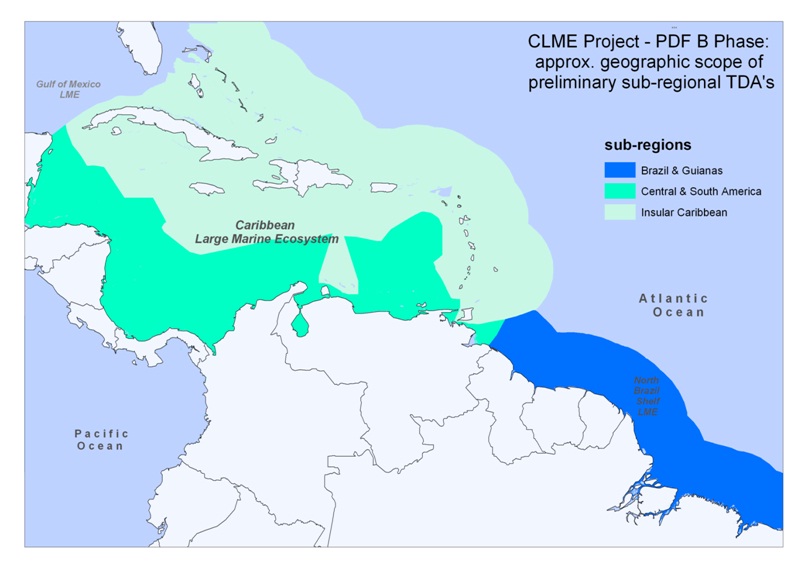
CLME Project – PDF B Phase: approx. Geographic Scope of Preliminary sub-regional TDA´s
Author: CLME PCU
Year:
Keywords:
 6
6


 Report issue
Report issue
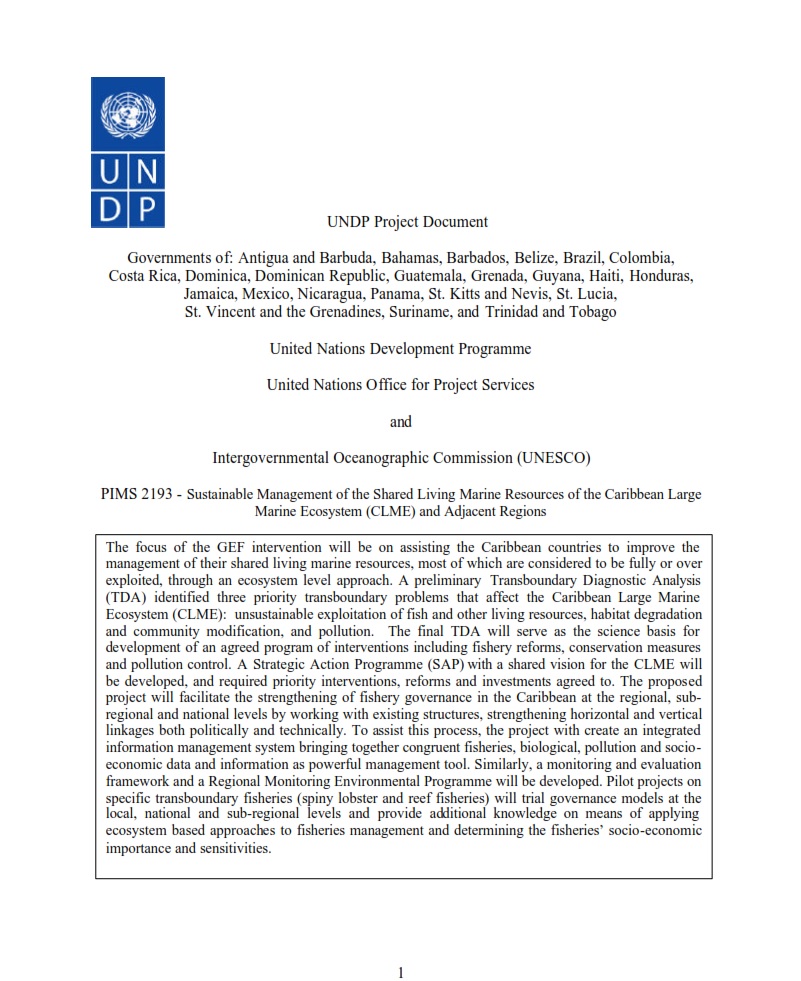
CLME Project Document
The Sustainable Management of the Shared Marine Resources of the Caribbean Large Marine Ecosystem (CLME) and Adjacent Regions Project or CLME Project was 5-year project funded by GEF where causal chain analyses were developed, resulting in the identification of weaknesses in transboundary and cross-sectoral governance arrangements as the over-arching root cause for the 3 key transboundary problems. If better articulated and coordinated among each other, and more strongly tied to a solid and enhanced regional governance framework, a substantial increase of the positive impacts of the many ongoing and newly planned efforts in the region could be achieved. During the CLME Project, a “10-year CLME+ Strategic Action Programme for the Sustainable Management of the shared Living Marine Resources of the Caribbean and North Brazil Shelf Large Marine Ecosystems” (the “CLME+ SAP”) was developed and politically endorsed by over 20 CLME+ States)
Author: UNDP
Year: 2009
Keywords:
 10
10
 1
1

 Report issue
Report issue

CLME Project Participants Map
This map indicates the participating countries of the CLME project, the partner countries, the non-GEF eligible countries and the co-financers.
Author: CLME PCU
Year:
Keywords:
 8
8


 Report issue
Report issue
CLME Proyecto Piloto de Manejo y Conservación de la Pesqueria y Biodiversidad Arrecifal-Parque Nacional Montecristi-Afiche Oficial
Este documento contiene el afiche oficial del Proyecto Piloto de Manejo y Conservación de la Pesqueria y Biodiversidad Arrecifal-Parque Nacional Montecristi
Author:
Year:
Keywords:



 Report issue
Report issue
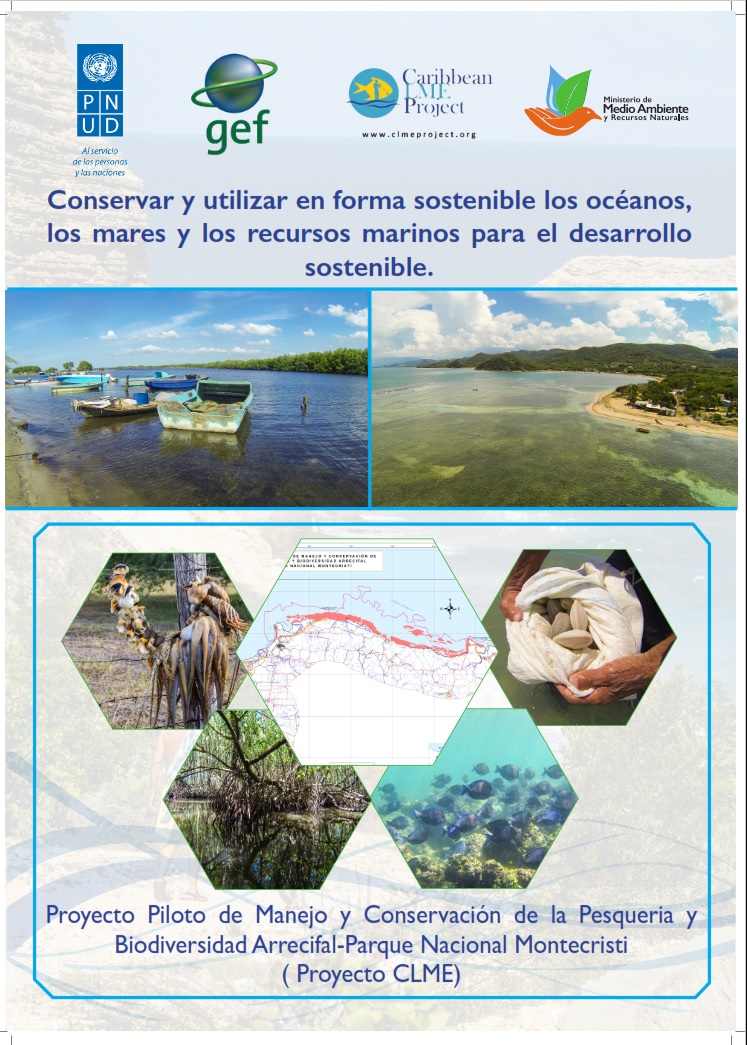
CLME Proyecto Piloto de Manejo y Conservación de la Pesqueria y Biodiversidad Arrecifal-Parque Nacional Montecristi-Afiche Oficial
Este documento contiene el afiche oficial del Proyecto Piloto de Manejo y Conservación de la Pesqueria y Biodiversidad Arrecifal-Parque Nacional Montecristi
Author: ViceMinisterio de Recursos Costeros y Marinos, Ministerio de Ambiente y Recursos Naturales, Republica Dominicana
Year: 2018
Keywords:
 5
5
 1
1

 Report issue
Report issue
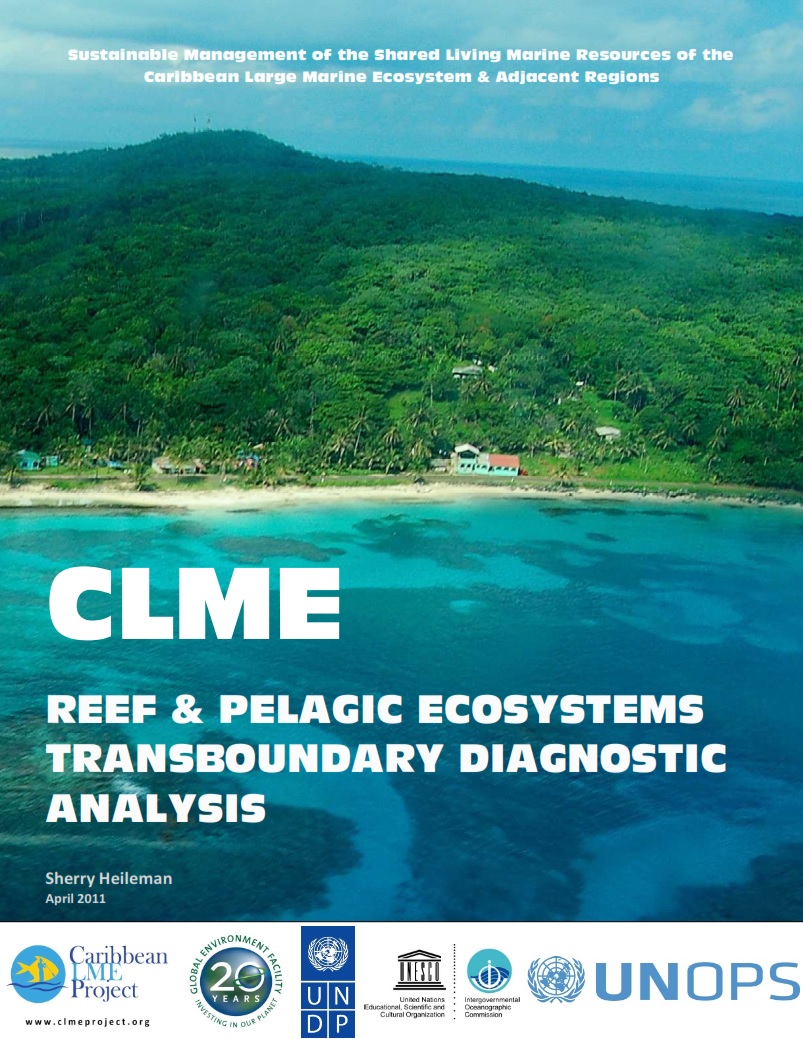
CLME Reef and Pelagic Ecosystems Transboundary Diagnostic Analysis
This current report presents the TDAs for the CLME reef and pelagic fisheries ecosystems. These TDAs were elaborated on the basis of the previous sub-regional thematic reports for the Insular Caribbean and Central/South America as well as on additional data and information. The present TDAs for the reef and pelagic ecosystems are different in many respects from the previous thematic reports for the Insular Caribbean and Central/South America sub-regions. The current reports are full TDAs that cover the reef and pelagic ecosystems of the entire CLME region, in contrast to the previous reports that were based on two sub-regions.
Author: Heileman, S.
Year: 2011
Keywords:
 7
7
 1
1

 Report issue
Report issue










